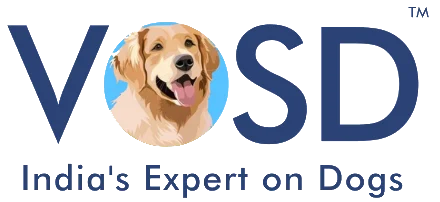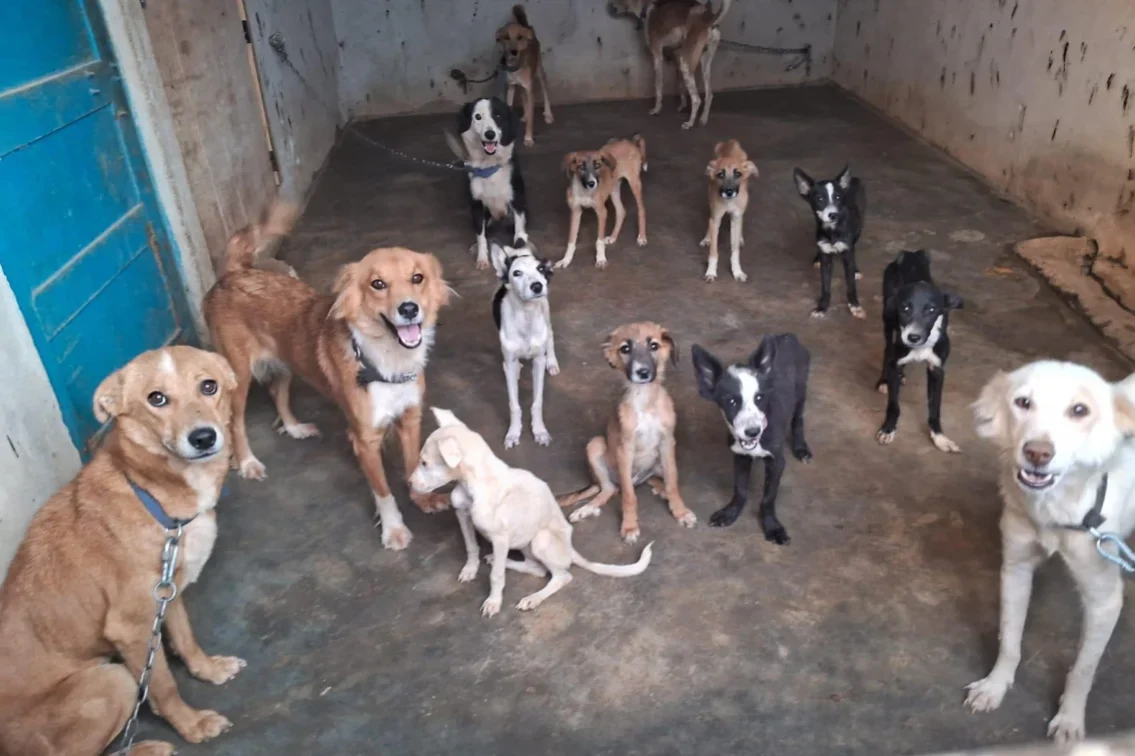All dogs love food. But not all food loves them back.
It is quite common to see people feeding dogs snacks at the chai kade. Biscuits are not ideal (even for humans) but it’s not the worst thing. But it is easy to make mistakes and accidentally feed dogs food that makes them ill or worse, kills them.
Common food to avoid:
Chocolate
Households with children mostly have chocolate in their kitchens. Chocolate contains theobromine, which causes dramatically escalated blood pressure impacting the heart, central nervous system, and the kidneys. The amount of theobromine depends on the type of chocolate and the level of toxicity on the size of the dog. Symptoms of theobromine poisoning will occur between 4 and 24 hours and can include vomiting, diarrhoea, restlessness, hyperactivity and seizures.
Grapes, raisins & cherries
Highly toxic. Read about diagnosis and treatment here
Caffeine
Dogs are even more sensitive to the effects of caffeine than people. Even with a handful of coffee beans or tea bags, a dog can be in danger. Symptoms are similar to chocolate toxicity.
Onions & garlic
They cause stomach and gut irritation and potentially lead to red blood cell damage and anaemia. Onions are particularly toxic in all forms including dehydrated onions, raw onions, cooked onions and table scraps such as left-over pizza, Chinese sauces and gravies contain onion or garlic powder.
Alcohol
Even small quantities of alcohol will cause vomiting, diarrhoea, decreased coordination, central nervous system depression, difficulty breathing, tremors, blood changes, coma and even death.
Xylitol
It is a common artificial sweetener found in many foods including toothpaste, sugar-free gums, diabetic cakes and diet food. It is also used in the now popular keto diets in powdered/ crystalline form. Xylitol produces an exaggerated insulin response in dogs leading to potentially fatal hypoglycaemia (lowered sugar levels). Xylitol also causes acute liver disease and blood-clotting disorders in dogs. The worst part is that liver and blood complications are not dose-related so even very small amounts can be extremely dangerous.
Milk
Dogs do not have enough amounts of the enzyme lactase to break down lactose in milk. Feeding your dog milk and other milk-based products can cause diarrhoea.
Blue cheese
While dogs find all dairy products difficult to digest, blue cheeses, such as Stilton and Roquefort, are particularly dangerous. They contain Roquefortine C, which dogs are especially sensitive to and cause vomiting and diarrhoea, tremors, twitching, seizures and a high temperature if eaten in large doses.
For more information on how to best care for your doggo, visit us at vosd.in!
The information contained in VOSD Expert Vet Advice™ is not intended nor implied to be a substitute for professional medical action which is provided by your vet. You assume full responsibility for how you choose to use this information. For any emergency situation related to a dog’s health, please visit the nearest veterinary clinic.





